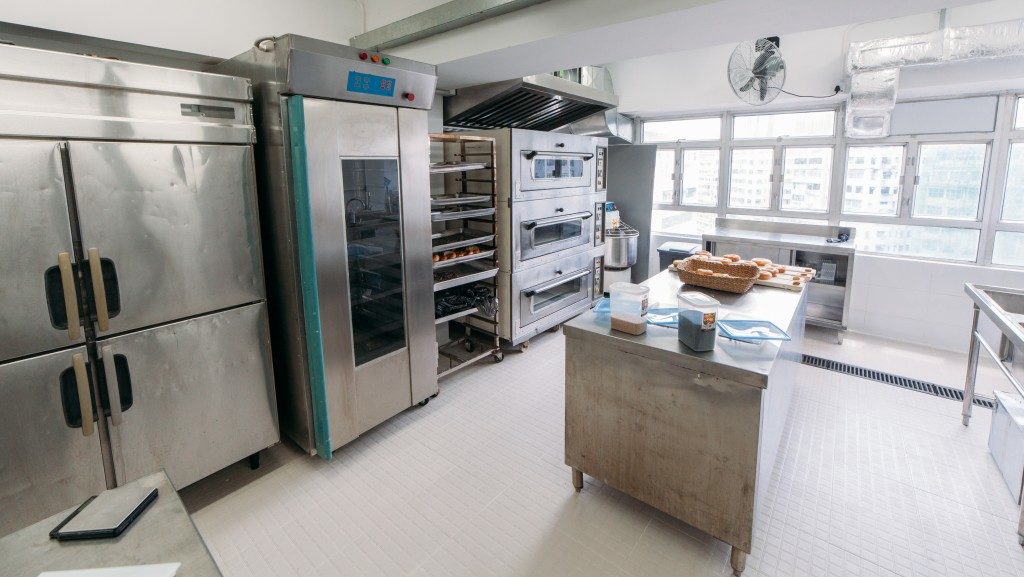Despite a saturated market and seasonal risks, the humble bakery is among the easiest and most resilient types of small- to medium-scale enterprises to enter. With the right market and set of products, it can enjoy modest to phenomenal success.
Starting a modern baking business means going beyond the basics. It isn’t enough to know how to make bread and other necessities to survive in a competitive market. However, with cards such as a sufficiently large market, dedicated customer base and a flair for finding products people like, a new bakery can quickly scale up and become quite a lucrative enterprise.
There are very few barriers to entry for a baking business. Tiny baking enterprises can take root in an average suburban home, where even the most modest of culinary hobbyists can gain enough requests to start selling their products to a market of neighbors and friends. This ability to start small favors the nascent baking business well, allowing their proprietors to avoid costly overheads up until their enterprise has grown enough to truly warrant expansion.
Understanding the Risks
The chief risk associated with a bakery enterprise, especially one that scales up, is the seasonal availability of supplies. Some supplies may be more readily available in some seasons more than others. Especially volatile seasons can lead to shortages in supplies in general; a bakery might find itself struggling to meet production quotas without incurring additional expenses.
Without an adequate inventory to tide them over, bakeries may end up increasing their prices and pass their expenses over to their customers—an unpopular move that may affect demand in the long run. Commercial bakeries can mitigate this risk to a degree by making agreements to purchase their supplies at contracted wholesale prices. They may also shift production to match seasonal demands.
Scaling up
As the bakery grows, its options begin to expand. It may start by expanding its product range, then, following that, expanding its reach. It may first start by renting a larger commercial space before spreading out and having satellite locations elsewhere in its community. Especially successful businesses may eventually come to a point where they can no longer meet demand through in-house production.
A bakery may then decide to ramp up its production to meet astronomic demand. Industrial-level machines and tools—ranging from filling machine nozzles to large ovens—are an excellent addition to the growing bakery’s arsenal.
Differentiation and Specialization

In a saturated market, bakeries need to find a specialist niche to flourish in. Finding the appropriate niche can be both blessing and curse for a baking enterprise; on the one hand, a niche can secure its place in the local market, while on the other, a niche that’s too narrow may prove to be impossible to scale up rapidly without somehow finding a popularity ticket.
The popular product (or family of products) that can help scale up a bakery varies. Most winning products, however, are so-called impulse products, pastries and cakes that are bought by customers having snack cravings or are looking for dessert. These products, in general, are becoming more popular among buyers across the globe, whereas bread prices have largely become stagnant.
One advantage that fledgling bakeries have is their ability to adjust their product offerings as needed. They may gradually introduce new products and monitor the popularity of their sales as their business becomes established. This is especially advantageous for bakeries that sell in high traffic areas where impulsive passers-by can quickly become loyal regulars.

